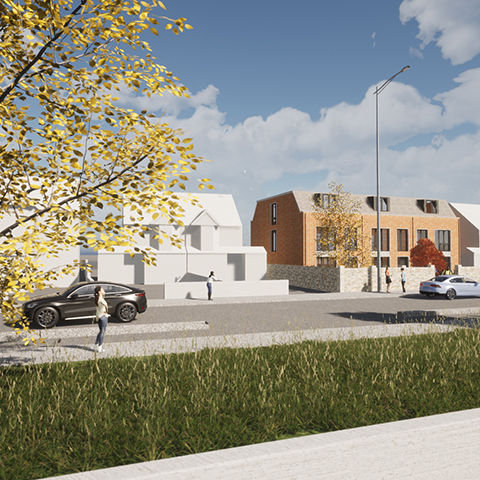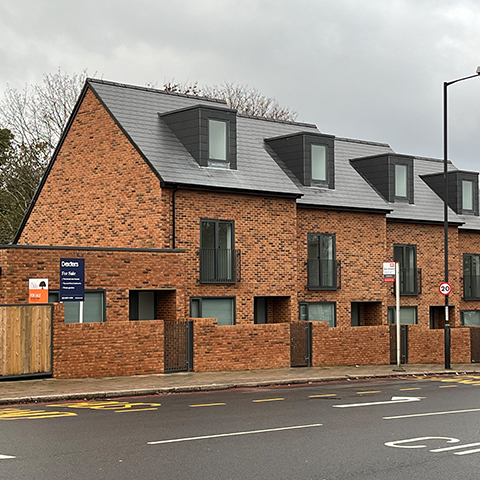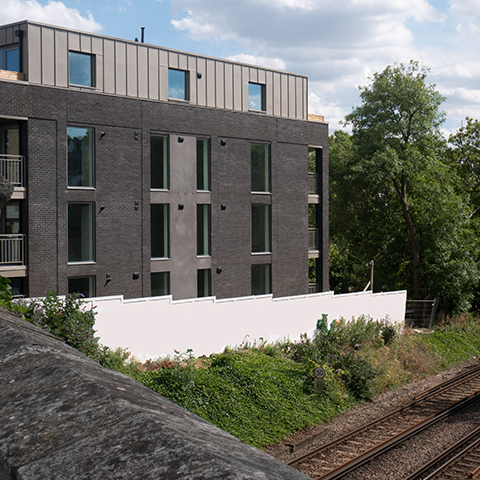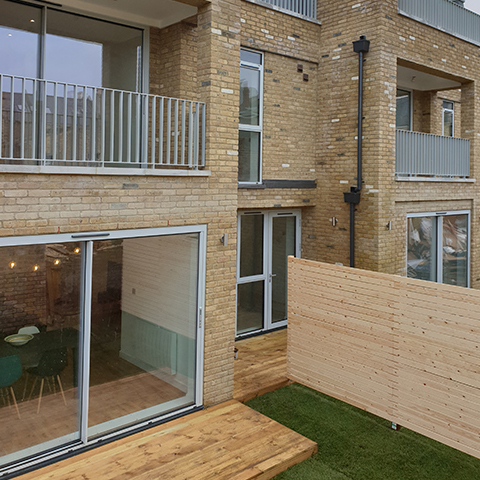Find out what your land is worth

Let’s take a ‘reality check’ and explore some issues that impact on the land valuation.
The viability of developing land, which ultimately impacts on how much a plot of land is worth, needs to be reviewed. If you are thinking that your land could be developed, we suggest your main considerations will be planning, environmental impact, statutory requirements, and site appraisal.
Planning
You will need to know and understand the planning policy of the local authority to see whether it is likely that the proposed type of development will be passed by the planning committee. The style and size of the housing will need to fit into the local plans if you are to have a planning application accepted.
Getting planning approval on a plot of land will increase the land valuation. Potential developers will be thinking about the optimum number of units for the site but not to overdevelop a site in a bid to make a bigger return – as that can lead to a rejection of planning which will decrease the estimated value of the land.

Environmental impact
The sites most likely to get planning permission are indeed brownfield sites, because the building on the green belt is strictly controlled. For a developer, the main issue of these sites is the cost of cleaning up the land – before they can even start building. Because of likely contamination, you will need to allow for a corresponding reduction in the land valuation and the price a developer is prepared to pay.
It may be surprising to you that often a brownfield site – that has been undisturbed for a period – is likely to be more enriched with plants and wildlife than a plot of land in a greenfield area. Nature can quickly re-establish itself in an urban area that has had little or no human activity, so biodiversity reports are helpful to ascertain the status.
Also with the environment, sustainability increasingly has an impact, as home buyers are considering the personal impact they are having on their local area. So electric car charging points and car sharing options are being increasingly included in the specifications for new homes which is encouraged by the planning authorities.
Statutory requirements
When valuing land, there are statutory requirements to consider as they can impact on the viability for a development of houses or blocks of apartments. It may not seem obvious but building regulations can influence the type of design of buildings as they control all aspects of construction, especially fire protection, and sound nuisance and neighbour’s privacy. Issues with design can increase the costs of construction and therefore impact on the achievable return.
New homes have a statutory minimum floor area which can limit the number of units that can be constructed on a plot of land, also impacting on the return. Where the number of units is acceptable, there may still be implications on the traffic requirements of a large number of new homes being built on a plot of land which is likely to create more congestion in an area.
Site appraisal
Lastly, you need to review the actual site conditions. Soil analysis reports will check for contamination which would need to be removed and identify any reinforcement that would be required for the foundations to support the structure of the proposed building.
With climate changes, flood risk is more keenly viewed. With the environmental predictions in the coming years, it is likely that more land will become impacted by flooding. So even if a plot of land is not in an area of flood risk today, it may be prone to flooding over the next few decades.
Building any amount of housing will make new demands on drainage and if the proposal is for a large quantity of housing this will create a strain on the existing infrastructure. Additional features may need to add to negate the local impact, such as storm water attenuation tanks, which collect and store surface rainwater feeding it more gradually into the existing drainage system in the area.

How do you find out what your land is worth?
When valuing your land, what is the plot worth? Ask a half a dozen different people to value a plot of land for sale and you are likely to get six different answers. That is why if you want to sell your land, you are best to consult with those with the right experience to be able to review all these considerations and provide you with an accurate assessment of land valuation.
If you would like professional advice on the viability of a plot with a view to selling your land, have a chat to our Commercial Team at Kisiel Group who will be able to guide you through the options.




















